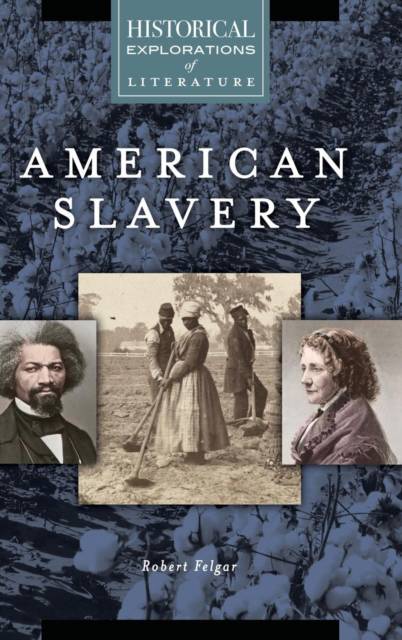
- Retrait gratuit dans votre magasin Club
- 7.000.000 titres dans notre catalogue
- Payer en toute sécurité
- Toujours un magasin près de chez vous
- Retrait gratuit dans votre magasin Club
- 7.000.0000 titres dans notre catalogue
- Payer en toute sécurité
- Toujours un magasin près de chez vous
75,45 €
+ 150 points
Description
Utilizing key selections from American literature, this volume aligns with ELA Common Core Standards to give students a fresh perspective on and a keener understanding of slavery in the United States.
Slavery is a central feature of American history, one with which the nation still has not come fully to terms. In this book, that seminal topic is examined in a fresh way--through literature. Organized chronologically to show evolving attitudes toward American slavery in the 19th century, the work focuses on four key 19th-century texts that are frequently taught, using them as a gateway for understanding this critical period and why slavery had to be destroyed if the Union was to be maintained. In addition to examining the four works--Frederick Douglass's Narrative of the Life of Frederick Douglass, Harriet Beecher Stowe's Uncle Tom's Cabin, Harriet Jacobs's Incidents in the Life of a Slave Girl, and Mark Twain's Huckleberry Finn--the book also provides numerous historical documents that contextualize slavery in the literary texts. These documents make it dramatically clear why issues such as abolition and the Fugitive Slave Law of 1850 were so controversial for 19th-century Americans. Aligned with the ELA Common Core Standards, the title supports history teachers with insights into classic literary works, and it enhances the English curriculum with rich elaborations of relevant historical context.Spécifications
Parties prenantes
- Auteur(s) :
- Editeur:
Contenu
- Nombre de pages :
- 272
- Langue:
- Anglais
Caractéristiques
- EAN:
- 9781610696470
- Date de parution :
- 25-11-14
- Format:
- Livre relié
- Format numérique:
- Genaaid
- Dimensions :
- 157 mm x 236 mm
- Poids :
- 598 g

Les avis
Nous publions uniquement les avis qui respectent les conditions requises. Consultez nos conditions pour les avis.






